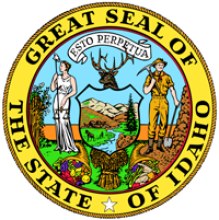Seattle Looks to Lafayette for Broadband Advice
Seattle, which was recently getting some tips from Tacoma, has now turned to Lafayette for more advice on building a publicly owned FTTH network.
Lafayette's Mayor/City-Parish President, Joey Durel, was in town and spoke with both Mayor McGinn and the excellent broadband reporter Glenn Fleishman who wrote about Durel's visit.
Durel, who is not one to back down from a challenge, argues that the public fight with incumbent providers helped educate the public:
A public fight over fiber meant the public knew more about fiber. Durel said the cable and telecom incumbents “were their own worst enemy. The more controversy they made out of this, the more they educated people.” The local newspaper covered the legal battle fairly, Durel said, and most people understood what they’d get from the new network by the time it launched.I think this is a good insight - communities should not shrink from incumbent attacks but use them as an opportunity to educate. In the case of Lafayette, a few people formed a group that strategized on how to respond to incumbent attacks. This is one of the reasons these projects need champions - people who are willing to put lots of time and energy into the effort as a major priority. We have frequently noted the benefits of competition -- incumbents lower prices and often invest more in their networks following a community network. Durel notes additional community benefits:
Incumbents step up. After the network started being built, incumbents have kept rate increases low, while donating more to the local community. “I can tell you: some of the providers here are doing more for the community than they have ever ever done for this community: not a little bit, but millions of dollars, for our university, for various nonprofits and things like that,” Durel said.In an unrelated post, Central District News discusses the City's plans for an open access network, putting them in context with Seattle's history:
This wouldn't be the first time that Seattle had decided that the city could step in and provide what private industry was failing at.




